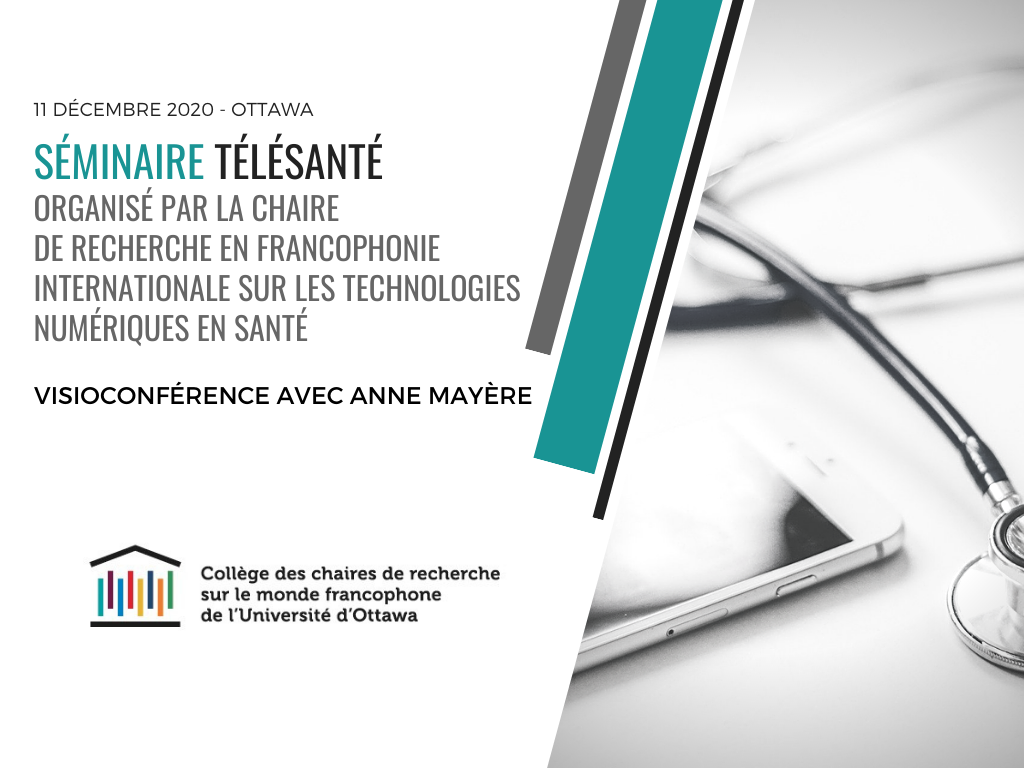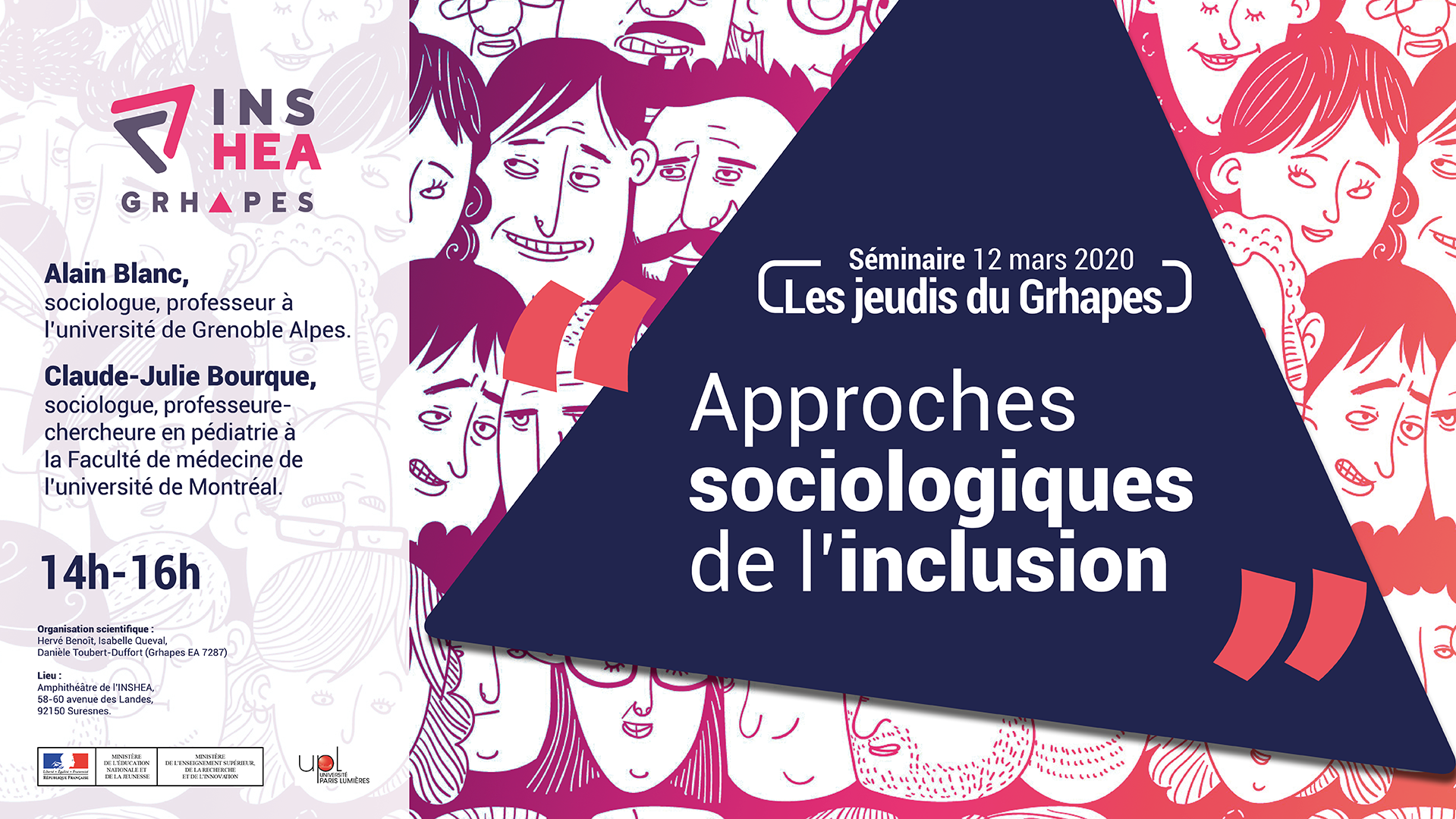Notice
Technique, research and benefits
- document 1 document 2 document 3
- niveau 1 niveau 2 niveau 3
Descriptif
Interfacetechnology/clinical/SHS/public health : case study interventional radiology
>> Jean Palussière
Radiology in oncology or so called interventional oncology is now considered by certain as the fourth oncological discipline, alongside surgical, radiation, and medical oncology. This makes it particularly dynamic and it is important for interventional radiologists to stay on top of technological developments. During the last ten years the therapeutic part of Interventional Oncology has rapidly grown in different fields such as thermal ablation and local drug delivery. Thermal ablation, which allows to treat tumors with temperature modifications, has known an increasing development during the last 10 years to treat metastases and primary tumors. In particular, they offer an alternative to patients contraindicated or refusing surgery. The main advantages are the low invasiveness with a high level of tolerance, and a low rate of complications and also the repeatability in patients whose disease may be chronic. Since 2004 we have applied these thermal ablation techniques to breast cancer with interesting results for patients in the elderly. We are now preparing the development of a non invasive ablative technique based on focused ultrasounds guided by MRI. MRI guided Focused Ultrasound is one of the primary areas of research of the Translational Research and Advanced Imaging Laboratory (TRAIL) University of Bordeaux.
For the last 10 years, a team of researchers at the University of Utah, under the direction of Dennis L. Parker, have been developing MRI guided FUS technology. In collaboration with Image Guided Therapy of Pessac, and with funding from the National Institutes of Health, they have developed a breast-specific MRI guided FUS system and are now at a point where the system could be applied to subjects at the University of Bordeaux. Through this partnership, we hope to develop this pioneering endeavour and to improve the treatment of breast cancer.
>> Nicolas Grenier
Radiology (IR) is a growing field, mainly in oncology. It is minimally invasive, preserving body integrity, with less side-effects and has also a real economic impact due to : short recovery, ambulatory patient care and maintaining the patient in his social environment with less days off.
IR has also an advantage being based on many technical innovations and investments by companies is high in this field. It allows combination of strategies such as identification of specific targets using molecular imaging (another growing field), development of focal therapies and combination with new medical targeted therapies and nanotechnologies for local drug delivery or local onset of biological effects (gene expression…).
Unfortunately, IR is also slowered in its deployment essentially due to problems of funding innovation by our regulation authorities, but also due to some lack in organization of evaluation of clinical and economic impacts of such innovations by the involved scientific societies.
As an example, this presentation will show how, by using a combination of strategies of innovations, we have been tried, for the last 7 years, to develop a specific targeting of prostatic cancer in order to offer new focal therapies.
Cette présentation a été donnée dans le cadre du ScientificBRIO Day 2 organisé annuellement par le SIRIC BRIO et qui a pour but de réunirtous les acteurs du SIRIC BRIO et plus largement de la cancérologie à Bordeaux.
Intervention / Responsable scientifique
Thème
Dans la même collection
-
-
-
-
BRIO's facts and figures, structuration projects : Axe Cancer, translational research centerUpdate …
SoubeyranPierreUpdate the implementation of BRIO Brio organisation is now fully up and running, and more than 100 research projects are currently active into the 6 integrated research programmes. In addition,
-
-
Bordeaux Cancer Initiative
DessisDamienElustondoFrédéricTranslational science : how to move from biology to clinical applications Upon request of the University, the SIRIC was mandated to develop a transversal cancer axis at the University. The axis
-
Cost-effectiveness analysis for decision making, illustrated theory
BénardAntoineInterface technology/clinical/SHS/public health : case study interventional radiology In a health care system with limited resources, each euro invested in a health care intervention is no longer
-
Translational cancer genomics and proteomics
SleijferStefanTranslational science : how to move from biology to clinical applications Evaluation of cell-free DNA (cfDNA) is a very attractive tool to serve as “liquid biopsy” to define and establish
-
Expert panel discussions : why translational research matters
CameronDavidEn point d'orgue du Scientific BRIO Day, David Cameron, spécialiste reconnu en Oncologie, Professeur à l'Université d'Edimbourg, anime un débat sur la question de la recherche dite translationnelle,
-
Standardizing G8 evaluation
SoubeyranPierreNon-pharmaceutical innovations and public health Management of the frail elderly with cancer is a challenge. Beside a poor outcome as compared to younger subjects, physicians will face increased
-
A new preclinical model to test the response of breast cancer to genomically targeted therapy
IggoRichardTranslational science : how to move from biology to clinical applications The rapid progress in next generation DNA sequencing technology (NGS) means it is now possible, in principle, to obtain a
Avec les mêmes intervenants et intervenantes
-
Désobstruction d'anse de dialyse par thrombectomie mécanique à la sonde PTD-TREROTOLA
GrenierNicolasPavySébastienLa thrombose aiguë de l'abord vasculaire de dialyse constitue une urgence de radiologie interventionnelle. Elle représente, pour le patient, l'impossibilité de continuer à dialyser dans les conditions
Sur le même thème
-
Utiliser la lumière pour comprendre la matière
ChapronDavidDavid Chapron, enseignant-chercheur du LMOPS (Laboratoire Matériaux optiques, photonique et systèmes), présente la technique de spectroscopie Raman dont il est l'un des spécialistes français.
-
02. Faire de son mieux (Avec Nathalie Vallet-Renart)
Vallet-RenartNathaliePodcast animé par Romain Poncet, ingénieur de recherche en sociologie.
-
01. Le soin du détail (Avec Emilie Chanel)
PoncetRomainChanelEmilieCe podcast est proposé par la Chaire Valeurs du Soin, animé par Romain Poncet, ingénieur de recherche en sociologie.
-
Place du brevet dans la recherche d'un laboratoire
DutreixMarieGirardPierre-MarieInterview : la place du brevet dans la recherche d'un laboratoire par Marie Dutreix, directrice de recherche à l'institut Curie.
-
Influence des comportements de santé sur le jugement des femmes consommatrices et atteintes de canc…
AuriolCamilleLes doctorants des universités de Toulouse (UT1C/UT2J/UT3) et de l'Université de Québec à Montréal (UQAM) ont organisé un séminaire de présentation et d'échanges autour de leurs travaux de recherche,
-
[FAB.ISS] Session #5 La fabrique des inégalités sociales de santé et cancer(s)
NicaiseSarahMayèreAnneTerralPhilippeGaboritEmilieDefossezAdrienBartheJean-FrançoisSymposium International FAB.ISS - Ce symposium proposé en 2020 en visioconférence s'intéresse à la fabrique des inégalités sociales de santé, du point de vue des disciplines de sciences humaines et
-
Explorer les impensés de dispositifs de télé-surveillance sur les patient.e.s et leurs modes de vie
MayèreAnneLa conférence du Pr. Anne Mayère (CERTOP, IFERISS, Université de Toulouse, France) est organisée dans le cadre du séminaire télésanté de la Chaire de recherche en francophonie internationale sur les
-
Les jeudis du Grhapes : « Approches sociologiques de l'inclusion », Claude-Julie Bourque, sociolog…
« Approches sociologiques de l'inclusion » Guérir, et puis après... ? Claude-Julie Bourque, sociologue, professeure-chercheure adjointe au département de pédiatrie de la Faculté de médecine de
-
SFjRO Rouen 2019 - Bases physiques et biologie de la proton thérapie
Bases physiques et biologie de la proton thérapie
-
SFjRO Rouen 2019 - Radiosensibilité et apoptose lymphocytaire
Radiosensibilité et apoptose lymphocytaire
-
SFjRO Rouen 2019 - Applications cliniques de la protons thérapie
Applications cliniques de la protons thérapie
-
SFjRO Rouen 2019 - Association therapie systémique et radiothérapie
Association therapie systémique et radiothérapie


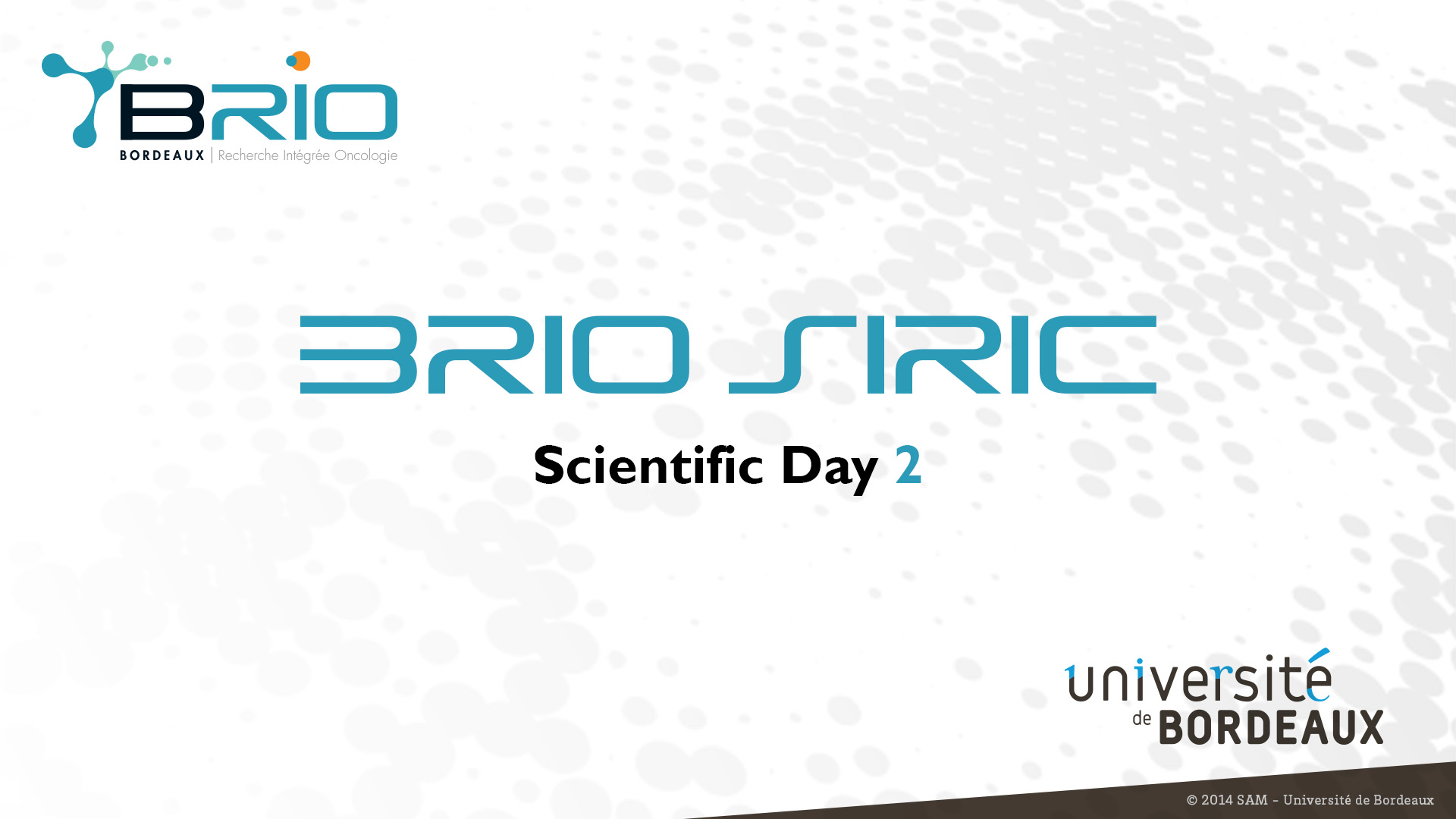











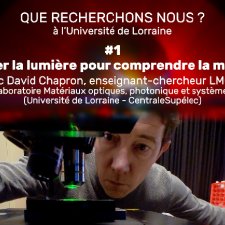

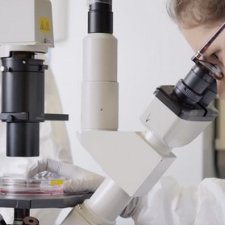
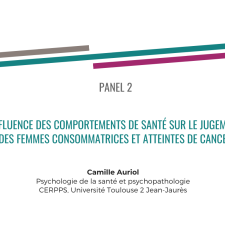
![[FAB.ISS] Session #5 La fabrique des inégalités sociales de santé et cancer(s)](https://vod.canal-u.tv/videos/media/images/iferiss/.fab.iss.session.5.la.fabrique.des.inegalites.sociales.de.sante.et.cancer.s._59509/7.png)
